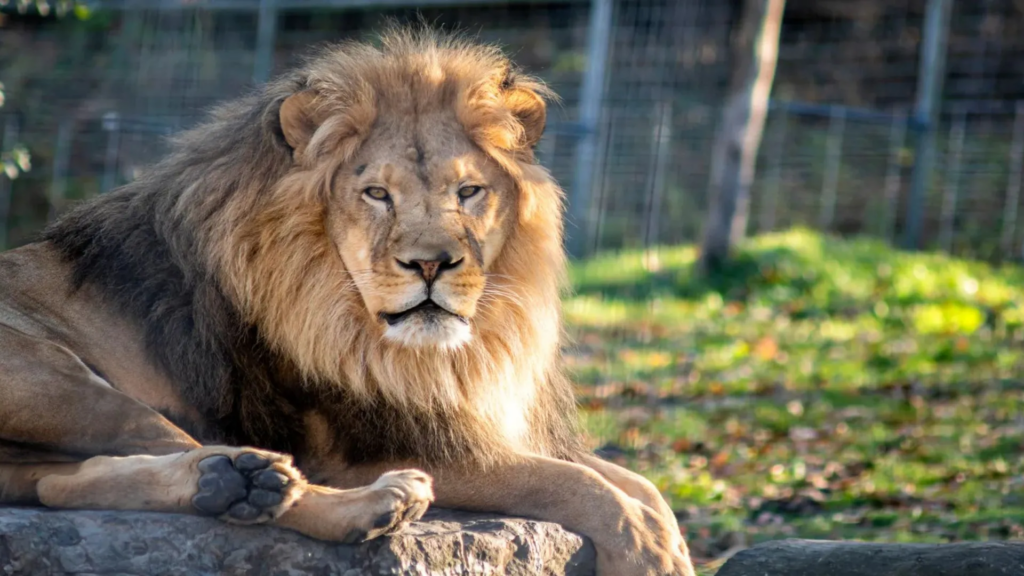
In a shocking incident that underscores the dangers of human interaction with wild animals, a Pakistani man was severely injured after entering a cage to film a lion for a TikTok video. The incident, which occurred in Punjab’s Lahore region, has reignited debates over wildlife safety, the legality of keeping exotic pets, and the rise of social media stunts involving wild animals.
The incident
The victim, identified as Muhammad Azeem, reportedly entered the lion’s enclosure at a private breeding farm without the owner’s permission. Armed with nothing but a mobile phone, Azeem approached the lion to record a video for TikTok.
However, the lion reacted aggressively, charging at him and inflicting severe injuries to his face, shoulder, and arm. Azeem was rescued by the farm owner and rushed to Lahore’s Jinnah Hospital, where he remains under treatment.
Legal consequences and wildlife safety concerns
The Punjab Wildlife Department has launched an investigation into the incident and initiated legal action against the farm owner. The department has also announced plans to revoke the farm’s license, citing negligence in managing the wild animal.
The Director General of Wildlife Punjab stated that “such incidents highlight the urgent need for stricter enforcement of wildlife protection laws.”
Amendments to wildlife legislation
This incident comes just days after the Punjab government amended the Wildlife Act of 1974 to regulate the ownership and management of wild animals, including lions, tigers, and other big cats. The new legislation prohibits keeping these animals in urban areas and bans their use in social media videos, such as TikToks.
Senior Punjab minister Maryam Aurangzeb emphasized that the updated law now includes strict penalties for violators, with fines reaching up to PKR 500,000 ($1800). “Displaying wild animals on TikTok or any social media platform is strictly prohibited. Owners must relocate these animals to designated areas outside city limits or face legal action,” she said.
The revised law also introduces minimum standards for housing exotic animals, aiming to prevent abuse and ensure their safety.
Cultural and social context
The keeping of wild and exotic animals, including lions, cheetahs, and rare birds, is a growing trend among wealthy Pakistanis who see these animals as symbols of power and status. Many of these animals are imported from South Africa or bred domestically.
Activists argue that while there are protocols for importing exotic animals, the lack of robust legislation once they are in the country leaves them vulnerable to exploitation and abuse. Social media has exacerbated this trend, as individuals use wild animals in videos to gain followers and attention online.
Past incidents raise alarm
This is not the first time wild animals have caused chaos in Pakistan. In 2023, a pet leopard escaped and roamed freely through a residential area in Islamabad, injuring three people. Videos of the leopard jumping over walls and weaving through cars went viral, highlighting the risks posed by keeping wild animals in urban environments.
The mauling of Muhammad Azeem serves as a stark reminder of the dangers of human interaction with wild animals, particularly in unregulated settings. While legislative reforms in Punjab are a step forward, experts believe that comprehensive enforcement and public awareness are necessary to address the underlying issues of wildlife safety and animal welfare in Pakistan.
This incident also sheds light on the growing influence of social media in fueling risky and irresponsible behavior, emphasizing the need for collective responsibility to prioritize safety over spectacle.






